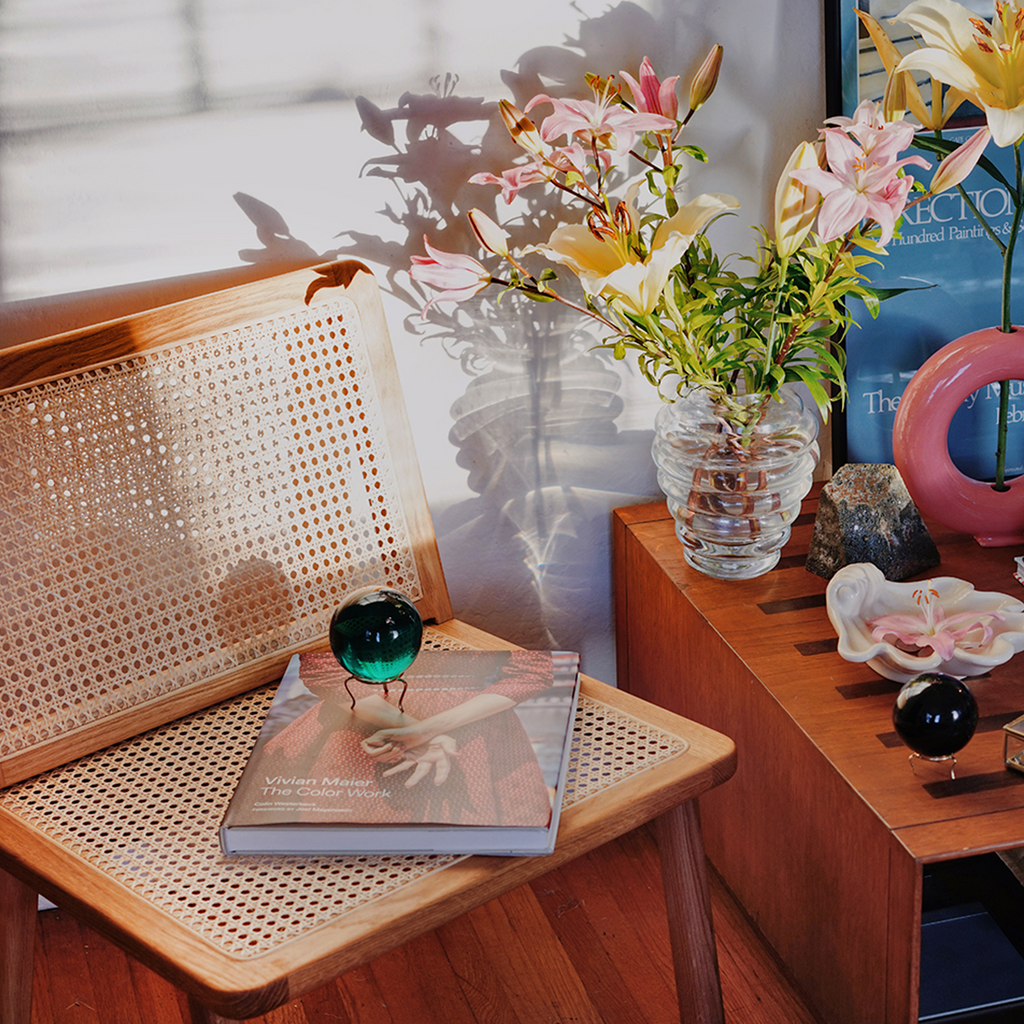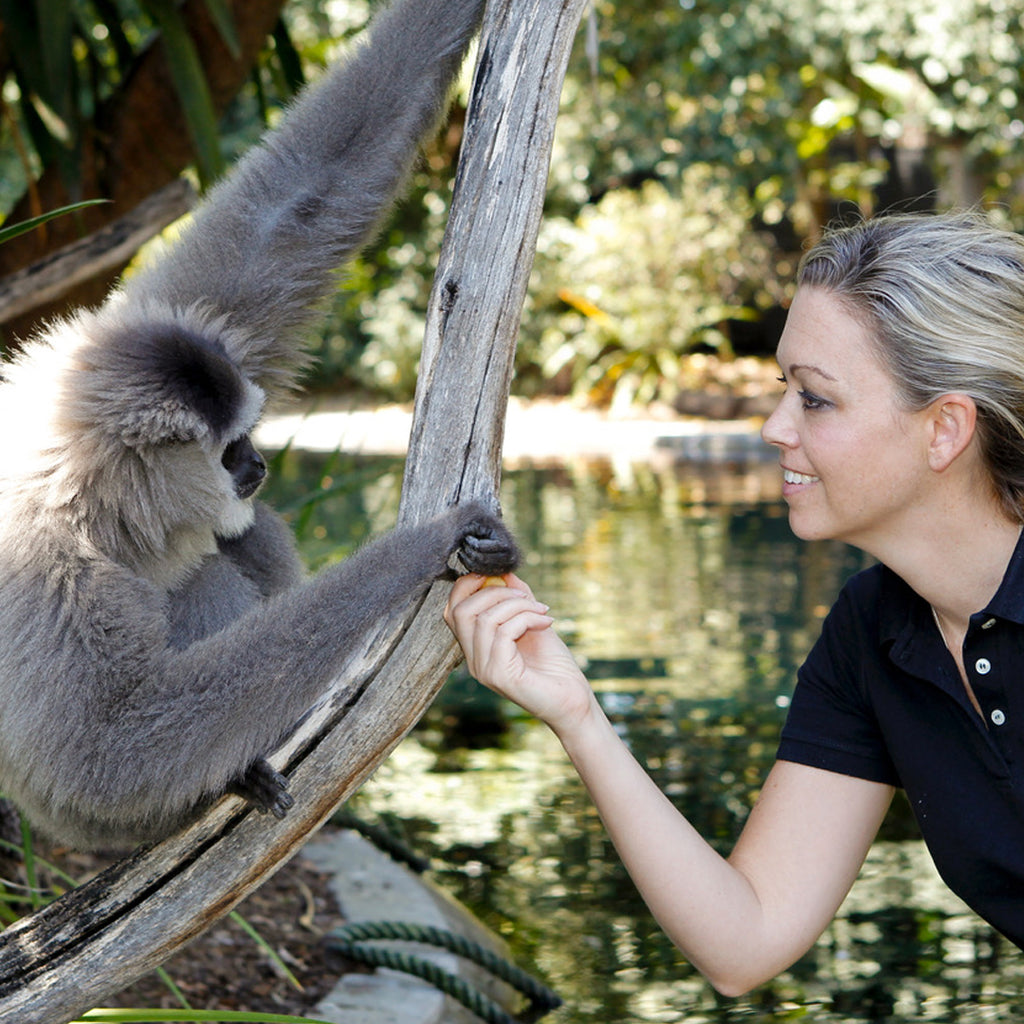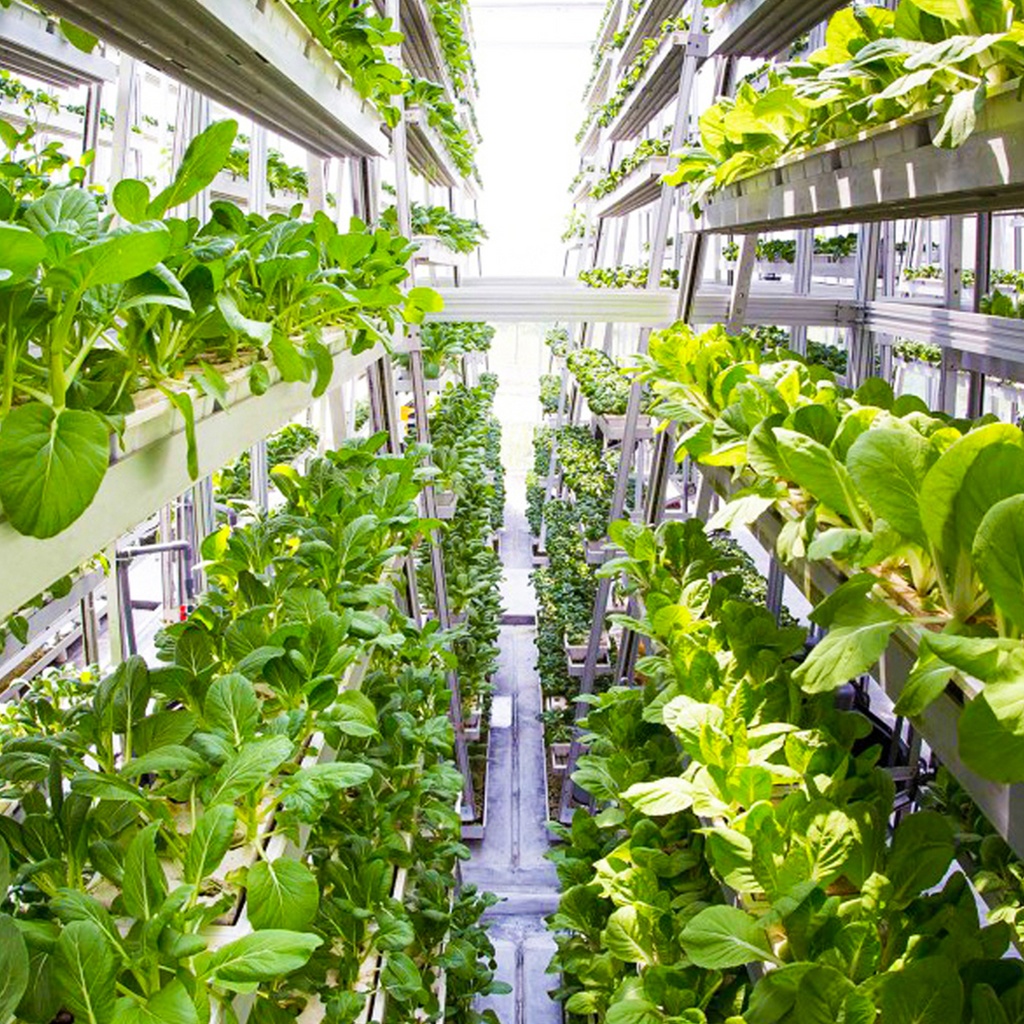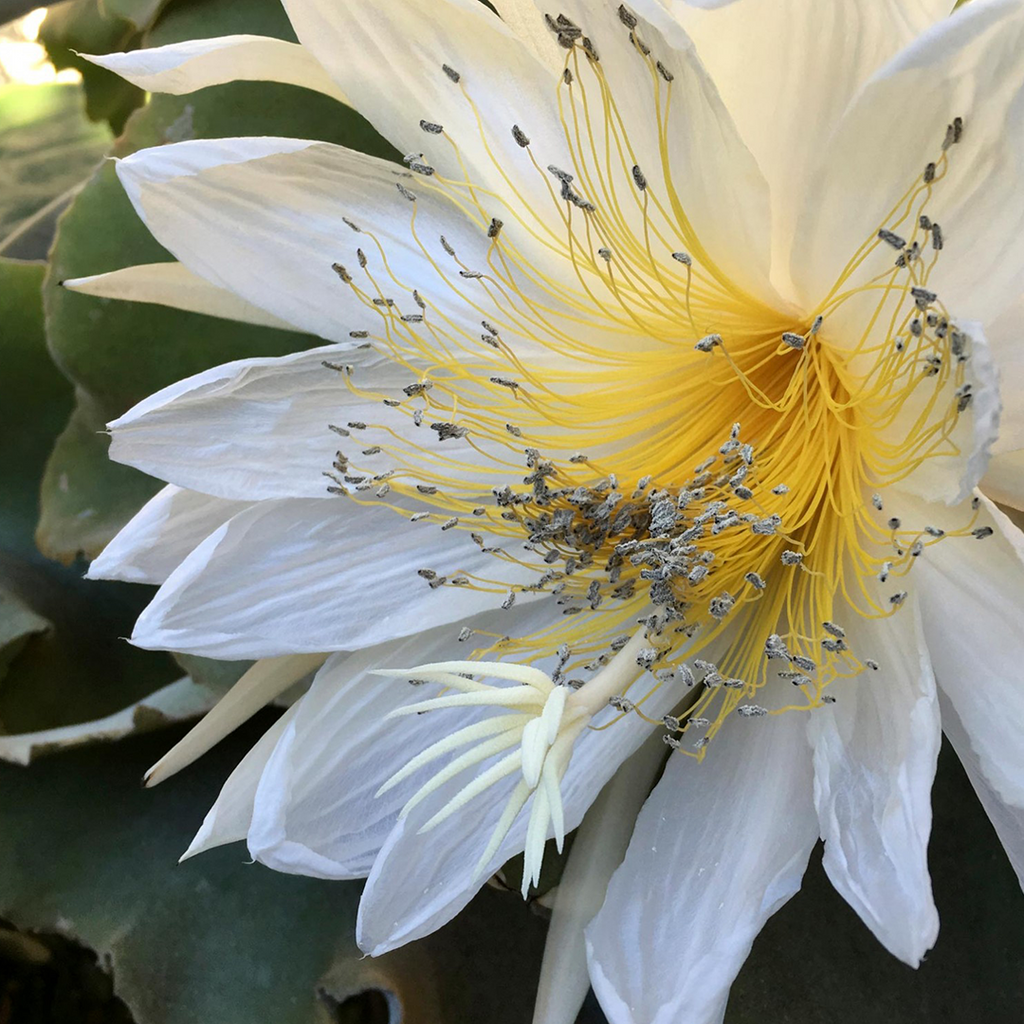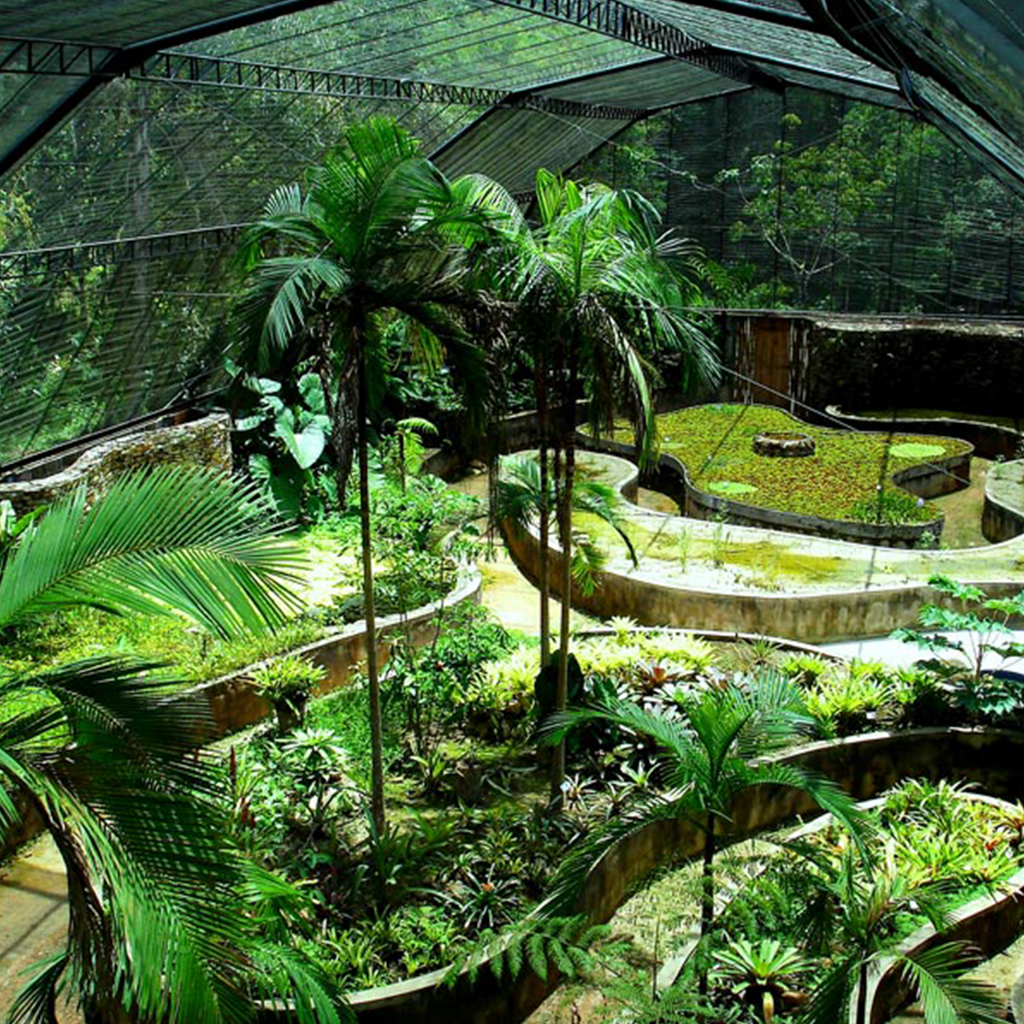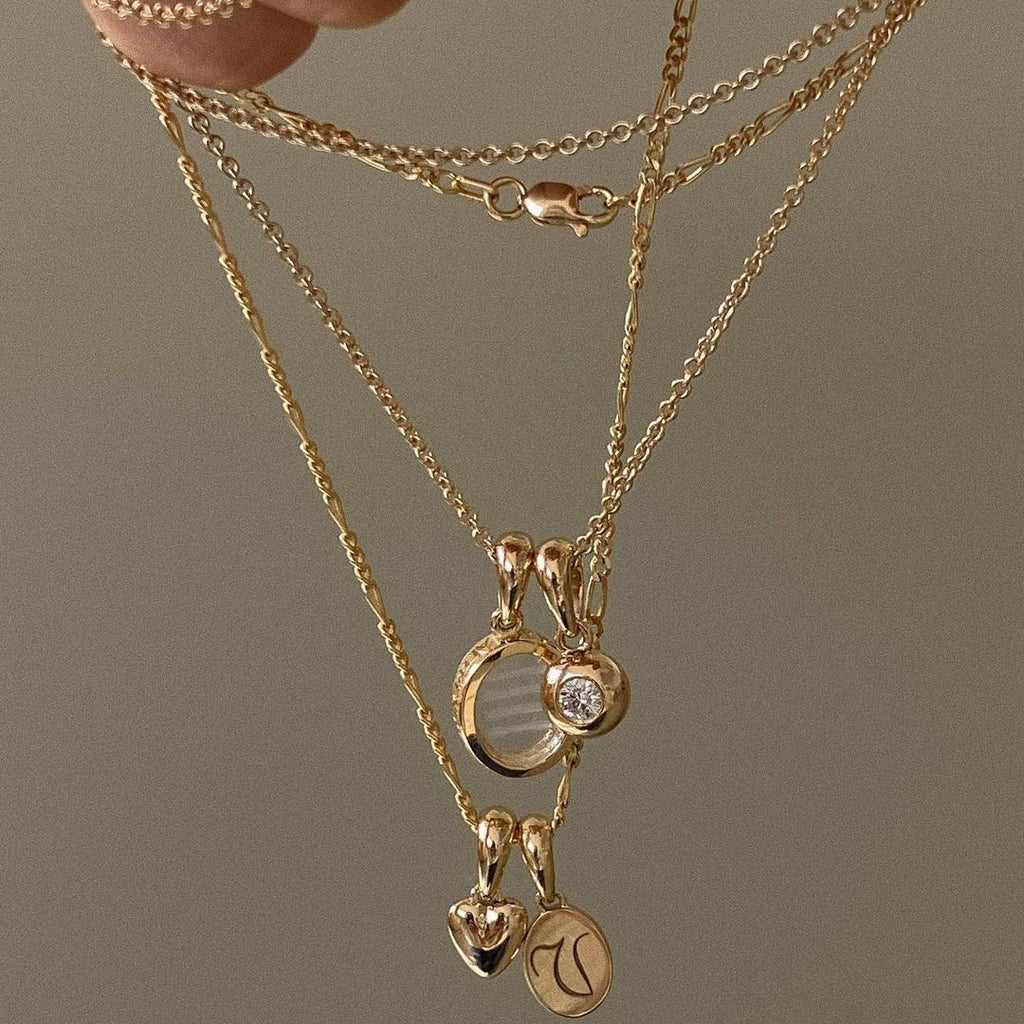Timeless knits to be cherished forever
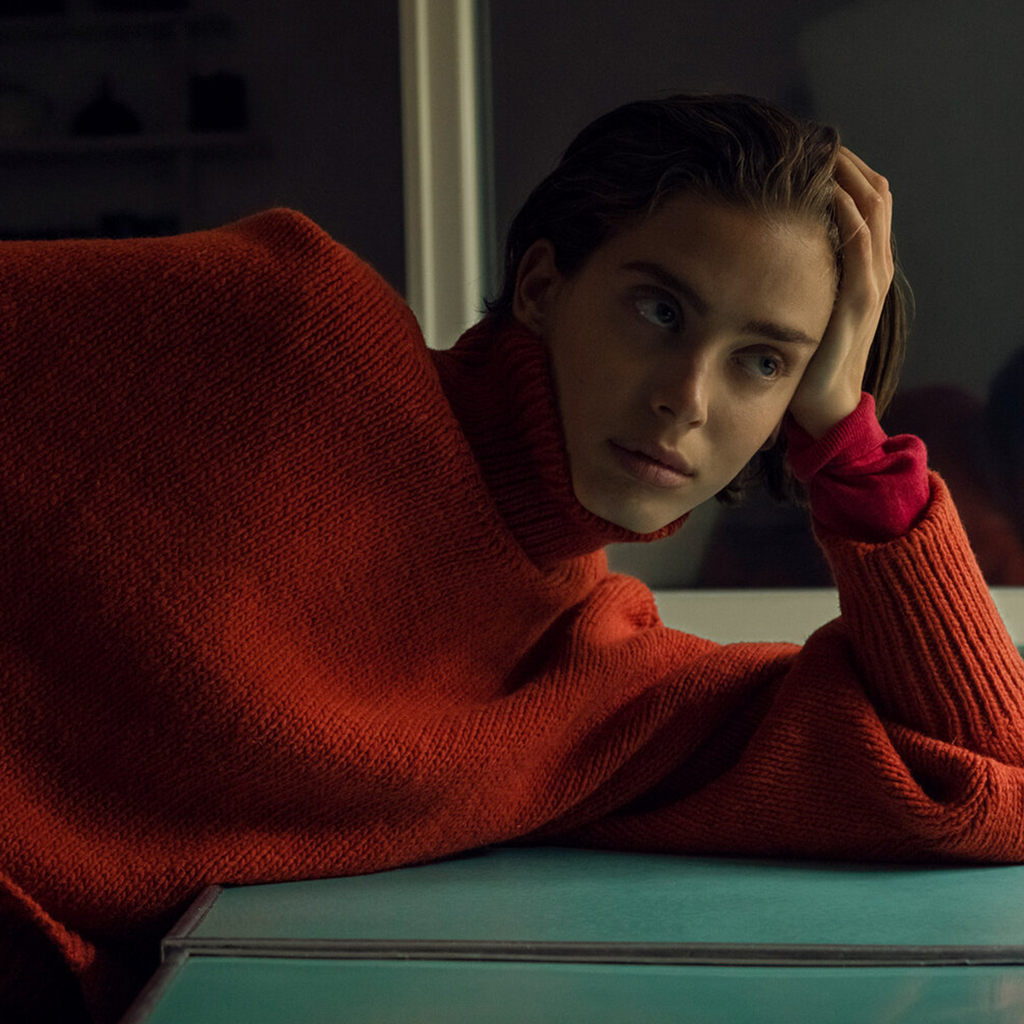
We love to highlight brands that are changing the industry and the frontrunners behind these brands. We got the chance to talk to Marta Bahillo founder of babaà - the Spanish brand making simple, timeless knits to be cherished forever - about sustainable production and how important it is to have a holistic view on a business today. We could talk forever with Marta about the world-changing potential it is to do what she does - she brings back the production to Spain and not only the actual knitting but also the production of the raw material. Her business is taking a longer view and in the end bring back knowledge and jobs to Spain.
Where did you grow up? Did you talk about sustainability around the dinner table?
"I grew up in Madrid city centre but spent all weekends and summers in Madrid mountains, hiking, skating, biking, swimming... I Also visited my grandparents often, they lived in Galicia (north west spain ) in a very remote village with no shops and very special ways of doing things. My grandmother grew flax and turned into linen with most women of the village, they grew their vegetables, had their chickens ... even today for me it is the most special place to be.

Have you always been interested in the environment? If not, what sparked the interest?
“I always wondered why my other grandmother (my dad's mum who also lived in Madrid) knitted my school jumpers in 100% wool yarn, discarding the acrylic ones we already got in the uniform package. I also always questioned the boom of €3 t-shirts mostly for the lack of thought on human rights in production, scary!! I was so broke when I had my first baby, still I always bought expensive reusable or biodegradable nappies. I think I am into action more than words and I have always been connected to nature and a simple and respectful way of living.”

How was babaà born, how did it all start?
“I have always been very passionate about knitting. When I studied textile design I specialised in knitwear. Then I went off to work for a big brand in Argentina called Vitamina, designing knitwear for them and during this period developed a great relationship with fantastic local wool providers and knitters from Uruguay. But I also saw the other side : sending a design to China for a huge production to come back all soulless!
When I came back home to Madrid I was pregnant with my first child and decided to get an MA in textile design during the pregnancy. I learned a lot about pattern design, computer stuff and everything in between. When finished I worked freelance for companies that sold patterns to big textiles companies, I loved the drawing and creative side of it but missed knitwear SO SO SO much. I got a very good job offer in a big fashion house that implied leaving my life with my baby as I wanted it. It was hard to say no to a big salary but instead I started to look for local providers, factories ... and this gave me lots of HOPE and I started babaà with this passion for knitwear and for my baby and for my new life as a mother.”
You are sourcing all your materials from sustainable producers in Spain - both wool and cotton - was it easy to find? In Sweden we had linen production before - but in the 1960’s most textiles were replaced by synthetic fibers, and now we have to look for linen abroad. Do you think it’s important to reclaim production, bring it back?
“Yes! The same has happen here in Spain!! For example in my grandmother’s village and area! Linen production got wiped out, why? Of course It was a lot of work to do manually as they did in that area but France and Ireland seemed to manage to keep their linen production. Would LOVE to talk to you in depth about this!
The wool people we work with I got to know through my grandmother, she used to send them her wool fleece for them to treat , turning it into yarn and making blankets. When I went to them they said “this is no business, the wool is going to disappear“. Now we buy most of their wool at once and we keep making bigger orders each year. Same with cotton but this is more difficult. There are plenty of sheep and shepherds in Spain but only a small production of cotton that is AMAZING but we can not buy it all of course and they mainly live of EU finance help. Cotton fields are hard to make profitable and the price of cotton when you obey EU laws, you do in small scale and YES you don’t use child labor well, it is not as competitive. They have something in their favor though here in south Spain and it is that the cotton harvest is at different times from India or US so they can compete that way.
I was talking to an agriculture engineer last week and she confirmed that yes it is so important to produce locally and to invest in what we have and to educate these people to work in most sustainable ways. I love having these conversations as I am passionate about these issues and it is nice to have other voices that encourage your ways. It is important to understand that what we do is in fact important and we can change things easier and in a beautiful way in our community.”
Marta passed a question to us in Kovac Family: The producers you are working with, were they sustainable or was it your requests that made them start to work in a sustainable way?
“When we started it was 100% on our request, especially the wood production. We often got the answer from producers that they “haven’t gotten this request before and that nobody else but us is interested in sustainability as most would rather keep a lower price than get organic material”. The principle of volume is still the main focus for most production here. Nothing made fast and in high volume can be in high quality and sustainable, this equation doesn’t work. The price we pay for cheap furniture or clothes isn’t realistic and have raised a generation that don’t understand why they should pay more when they can for ex. get sweater for 20 EUR. We can see on our daughters friends that have moved to their own apartments they don’t inherit any furniture as their parents mostly invested in cheaper furniture that don’t last for long. Only the kids with grandparents get som really great stuff to fill their homes with.
Marta continues: “We are all workin on it. It is FASCINATING.
Like working with eco dyes: we encourage each other but as a business you have to be willing to cut margins to pay higher prices as it should be. Can you not see it is impossible to make a jumper for 30€? Why do we buy that and then you march for climate change? Can we not see the whole picture?”

Do you have any new plans for babaà you can reveal?
“Just try to be better and better!”
What do you think about climate change?
“That it is upon us and that we should act more and talk less. Every day, every little change, the word enough”
What makes you happy?
“My family, daily routines with them like cycling kids to school, bed time, meals together, working with my husband... and our camping adventures, LOVE those.

All images copyright babaà. Follow them on Instagram.

